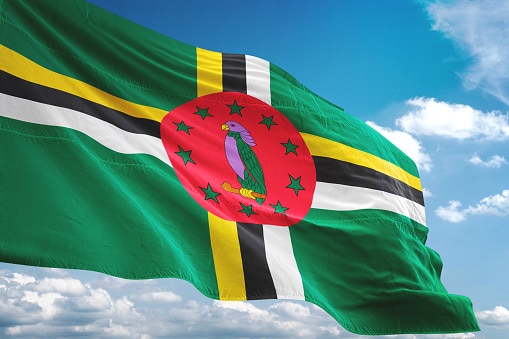
In a strategic move to bolster its development and integration within Latin America and the Caribbean, Dominica, along with Grenada and the Bahamas, is set to become a member of the Development Bank of Latin America and the Caribbean (CAF). This decision was made during a recent meeting of CAF’s Board of Directors in Punta Cana, Dominican Republic, marking a significant expansion of the bank’s influence and support in the Caribbean region.
With this new membership, Dominica and the other new entrants will gain access to a broad spectrum of services offered by CAF, including technical, financial, and knowledge resources aimed at enhancing the quality of life for their citizens. The inclusion of these countries as Series “C” members underscores CAF’s commitment to fostering sustainable development and regional integration across Latin America and the Caribbean.
Sergio Díaz-Granados, Executive President of CAF, highlighted the significance of the bank’s expansion into the Caribbean. He noted that this development transforms CAF into the development bank with the broadest reach across the region, building on its origins as an institution founded by six Andean countries. Now, fifty-six years later, CAF comprises 21 shareholder countries, positioning itself as a principal source of multilateral financing in Latin America and the Caribbean.
The decision to include Dominica, Grenada, and the Bahamas comes 18 months after CAF established its regional office for the Caribbean in Trinidad and Tobago. The office’s creation was a strategic move to consolidate the bank’s development assistance in the Caribbean, particularly in areas such as climate action, water, energy, and food security, sustainable tourism, infrastructure modernization, and digital transformation. This expansion into the Caribbean also led to the integration of the region into CAF’s official trademark and logo, now representing the Development Bank of Latin America and the Caribbean.
CAF’s agenda emphasizes promoting regional integration and the sustainable, inclusive development of its member countries. The bank is dedicated to addressing the unique challenges faced by Caribbean islands and small states, which are disproportionately affected by climate change. In line with the Bridgetown Initiative, CAF has committed USD 15 million in support of the Blue-Green Bank initiative led by Barbados, demonstrating its commitment to the Caribbean’s development needs.
Founded in 1968 by Bolivia, Chile, Colombia, Ecuador, Peru, and Venezuela, CAF has grown to include 19 countries from Latin America and the Caribbean, as well as Spain and Portugal. The bank aims to improve the quality of life for all Latin Americans and Caribbeans by promoting sustainable development and regional integration. With headquarters in Venezuela, CAF is evolving to become the green and blue bank of the region, focusing on the economic and social reactivation of its member countries.



 and then
and then